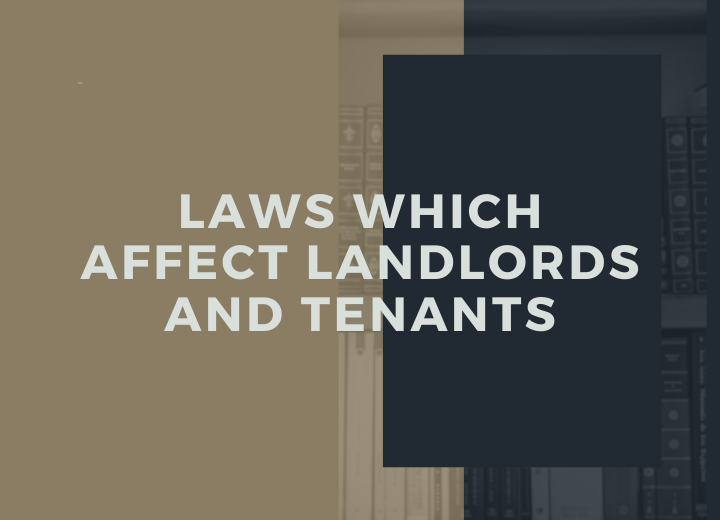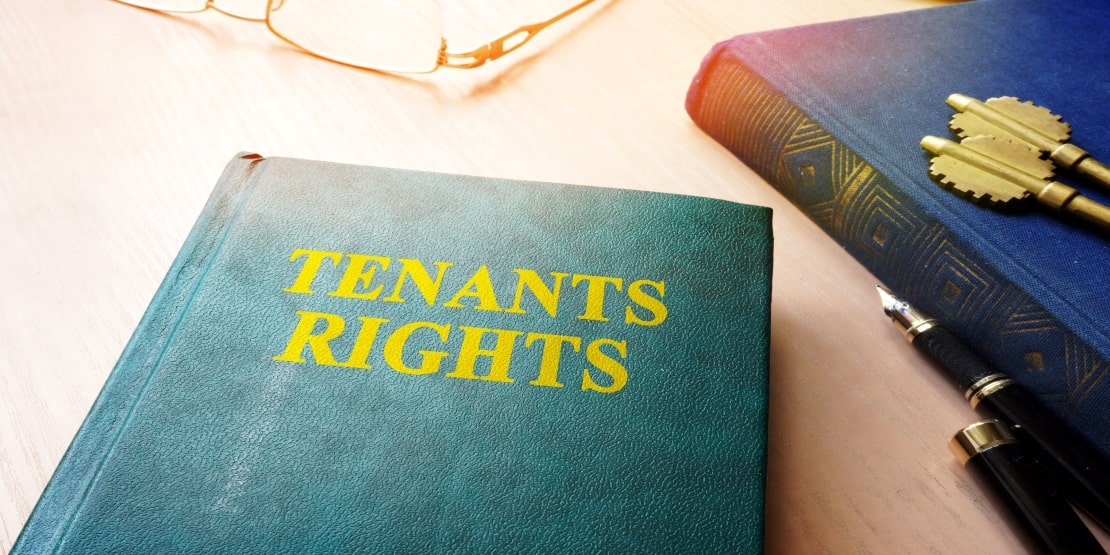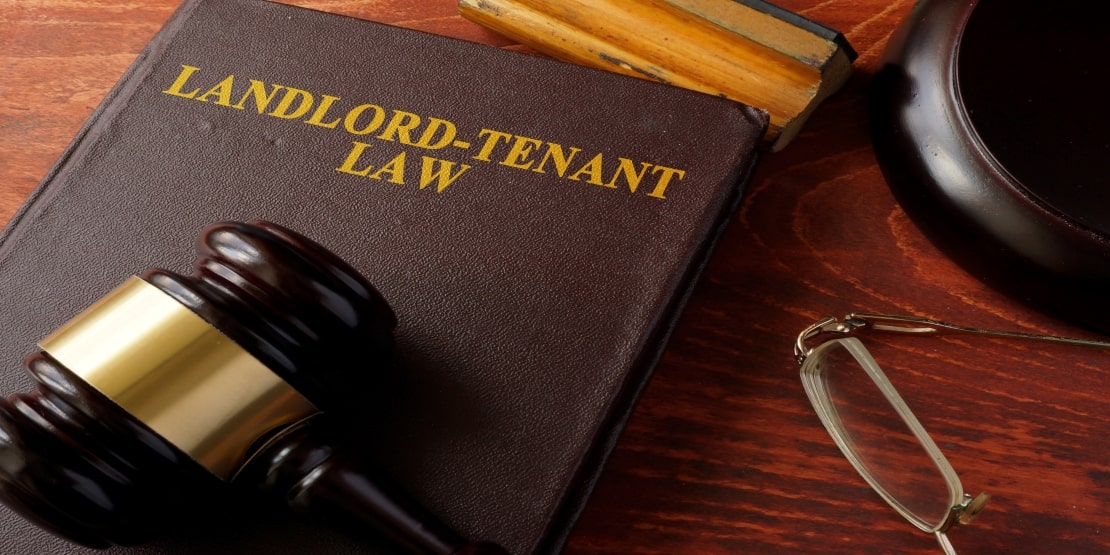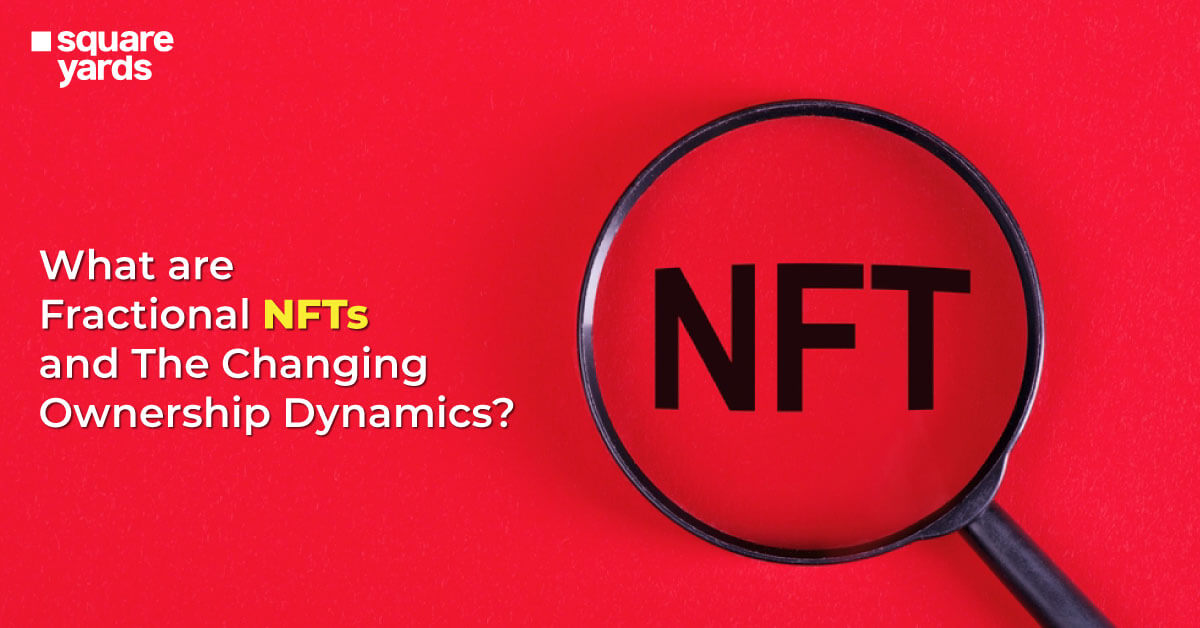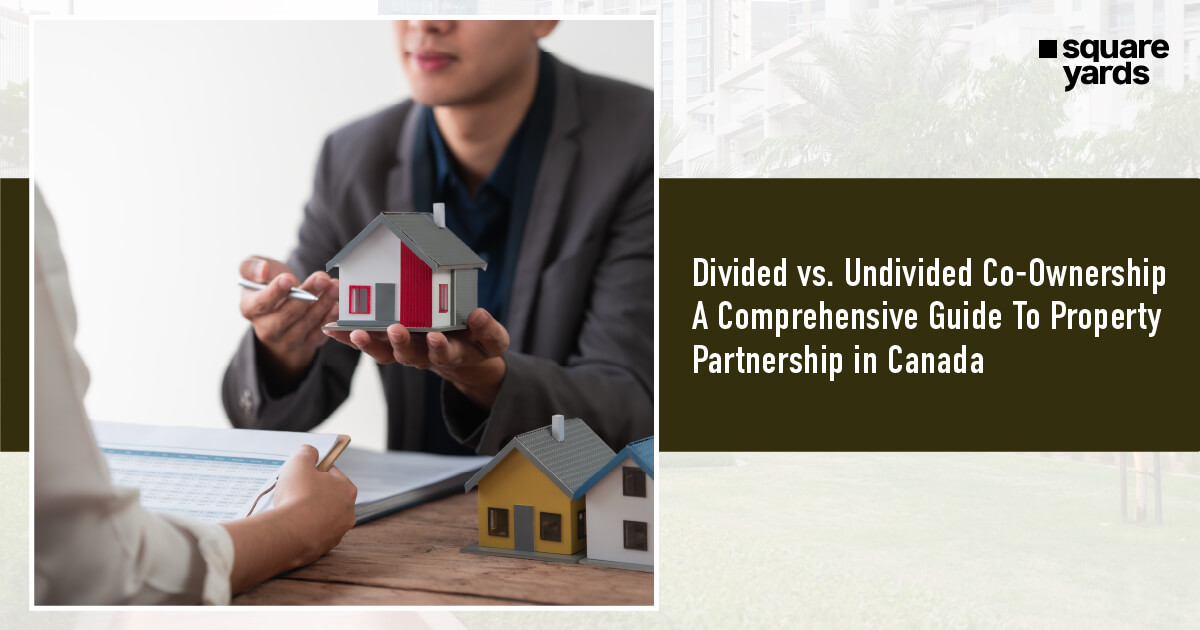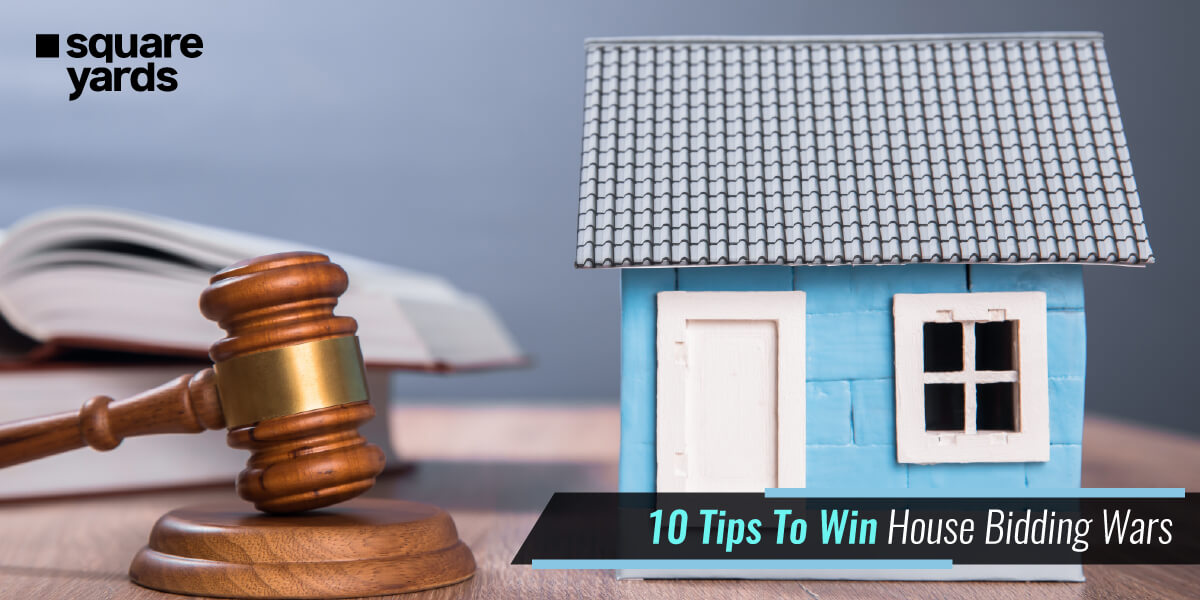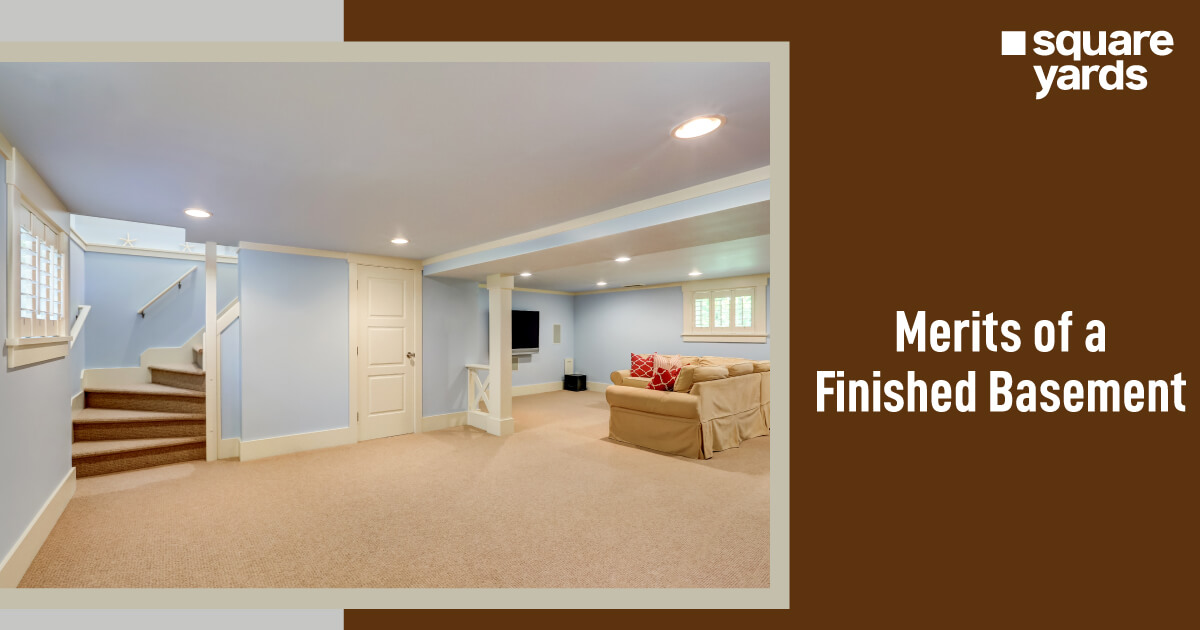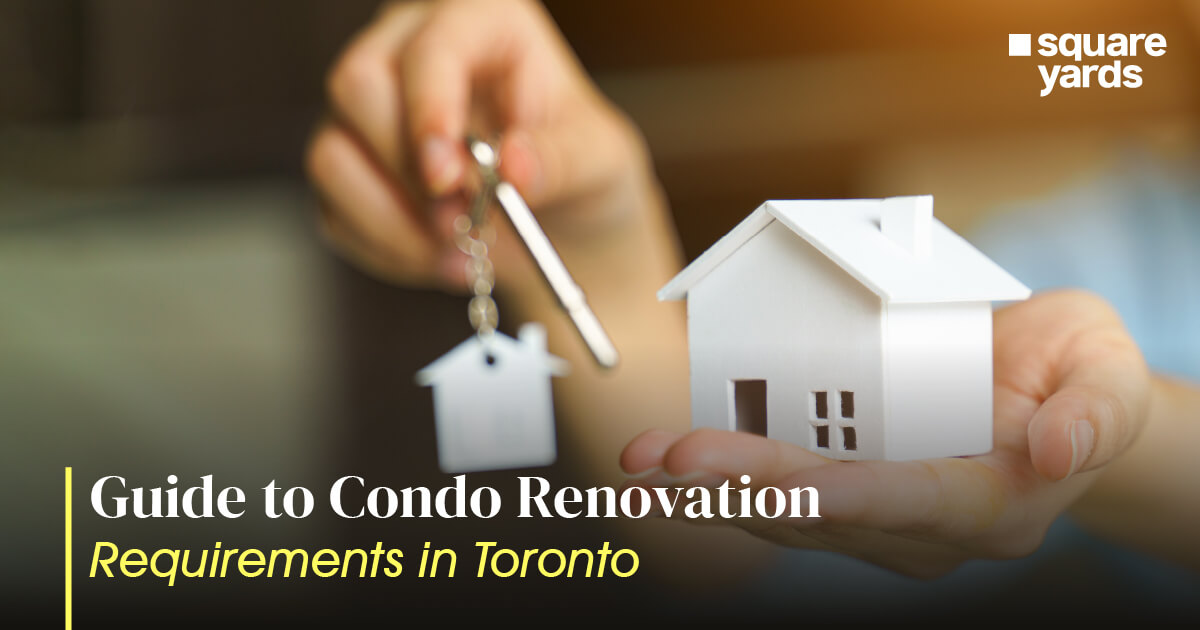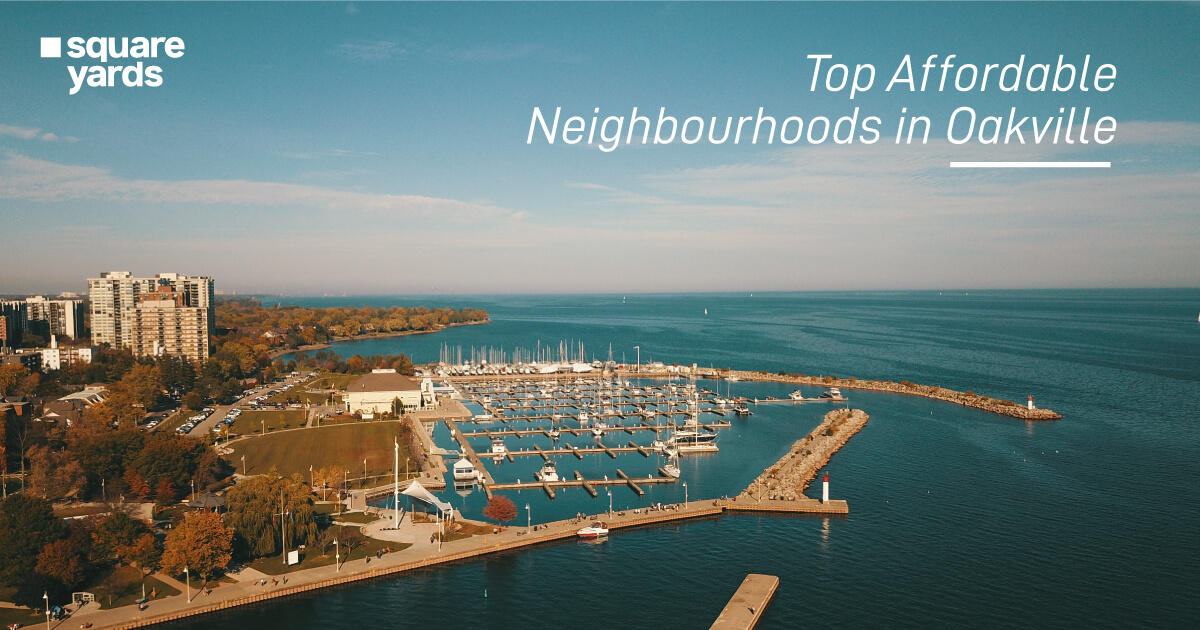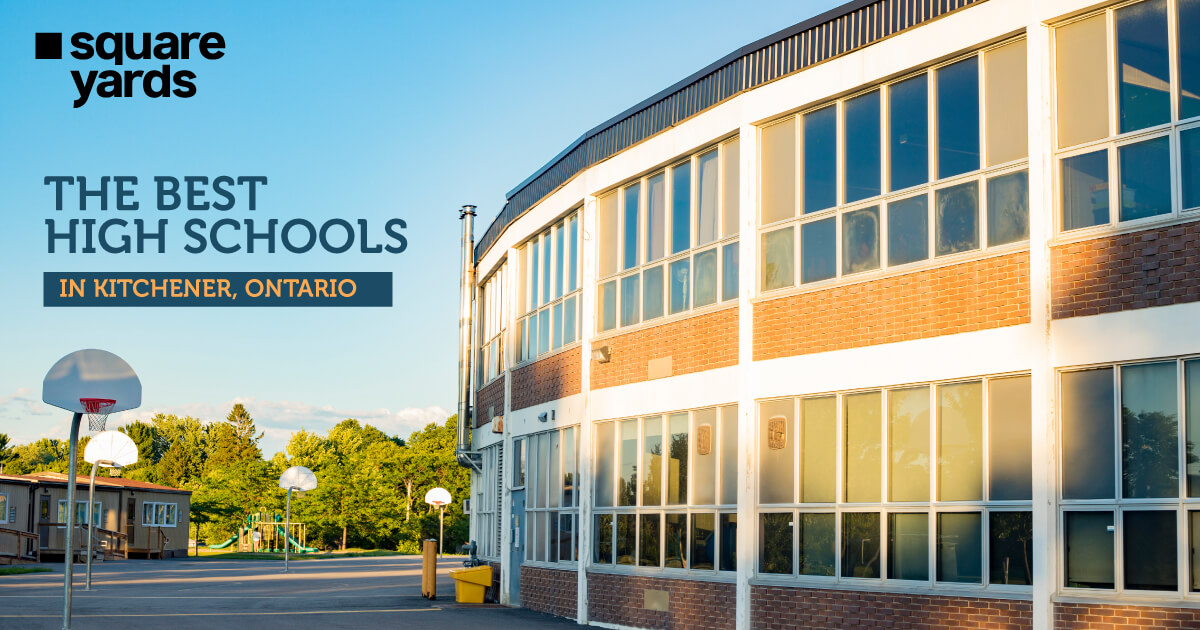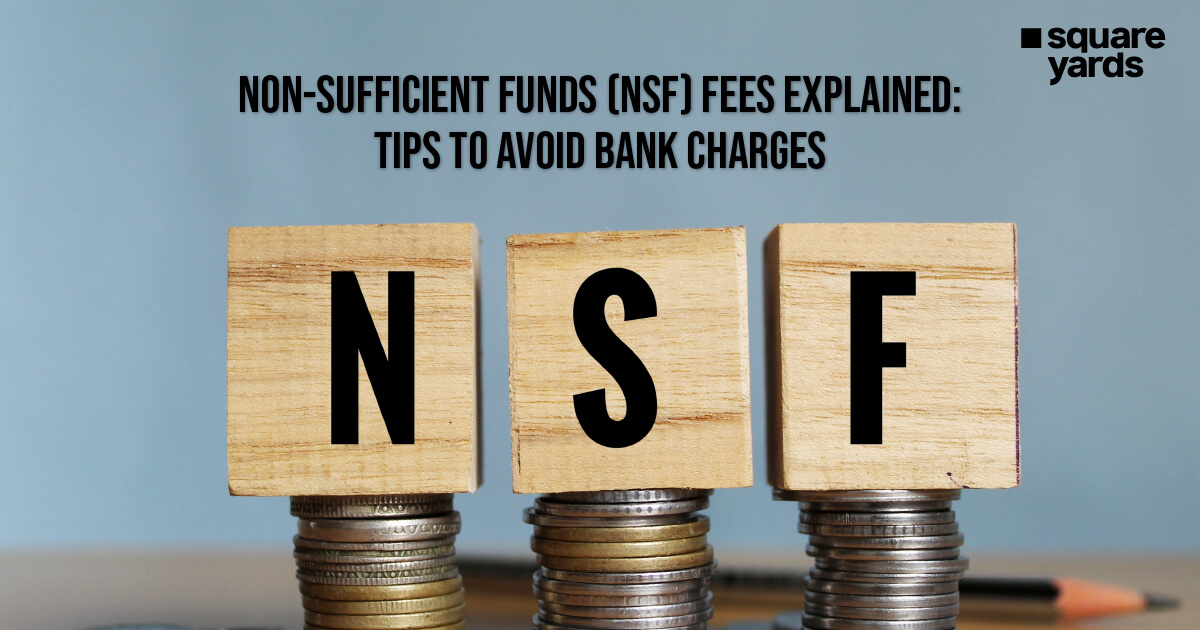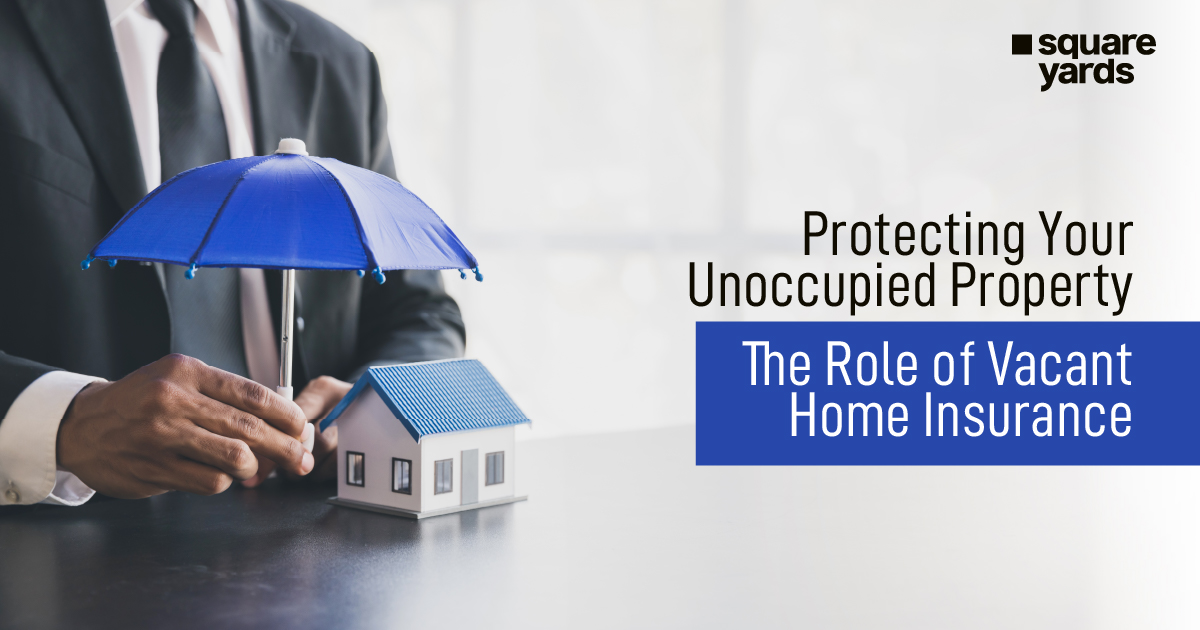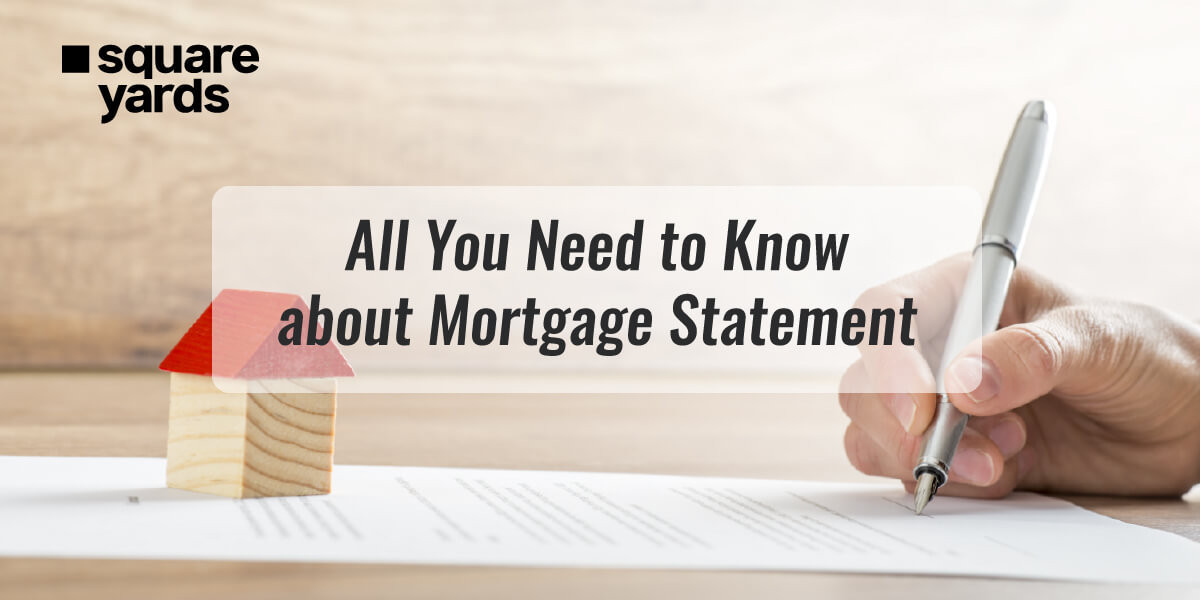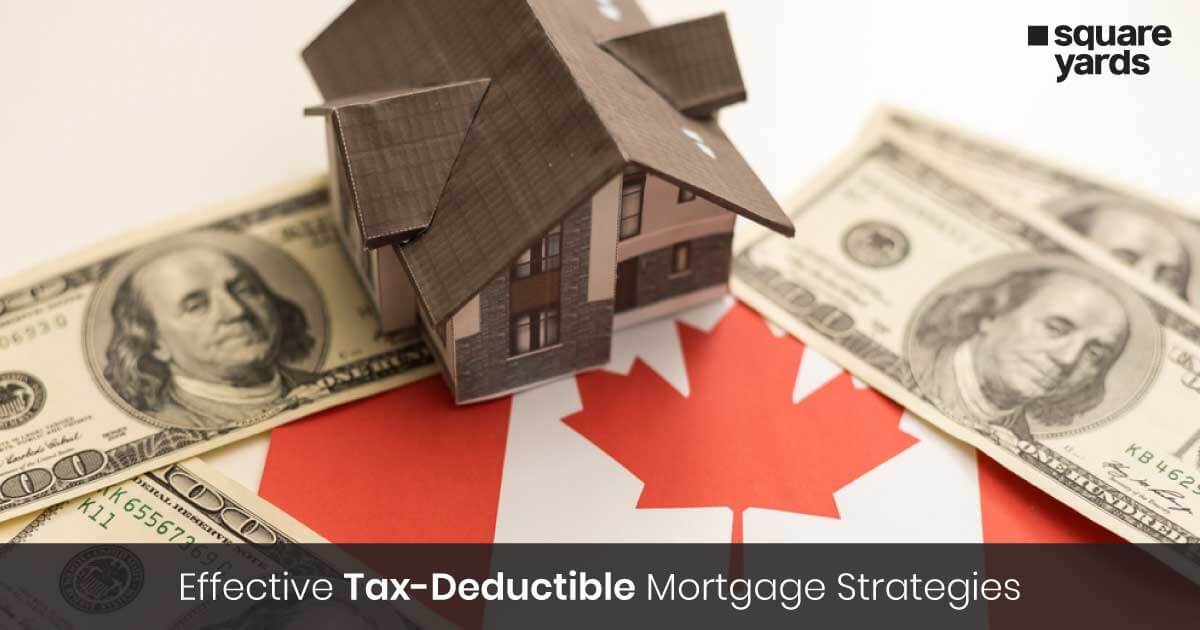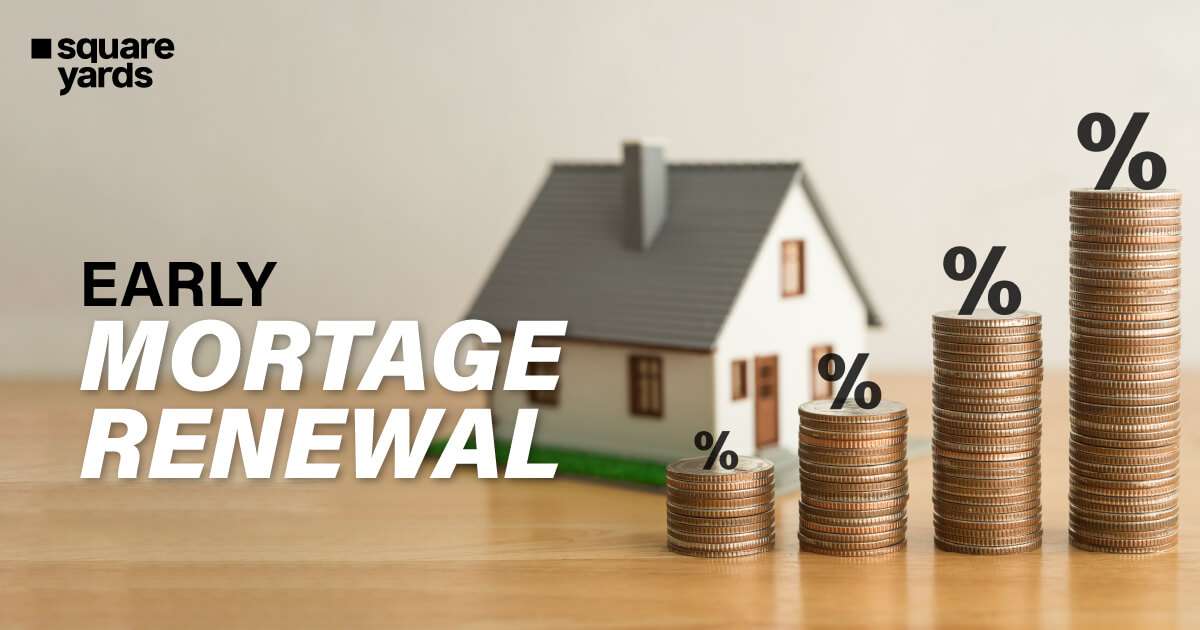Landlord tenant rights in Canada affect both the tenant and the landlord. In Canada, this applies to many people who rent a room or an apartment where they live. Be it a commercial or a residential rental place, rental responsibilities and rights are applicable to all sorts of tenants and landlords in Canada.
Whether you are looking to sign a rental agreement or to work out a problem with a landlord, it’s important that you first know about the landlord and tenant regulations.
In this article, let’s get to know what a Landlord Tenant Act is, including its rules and regulations tenants have to adhere to.
Landlord Tenant Act
The Landlord Tenant Act in Canada outlines the rental rules of entering a rental agreement. The Landlord and Tenant Board work to conduct the amendments of the Residential Tenancy Act as required.
Tenant Rights And Responsibilities
Here are some key tenant rights and responsibilities that come under the Landlord Tenant Rights:
- Pay rent on the decided time and inform the landlord in case of delay, may that be for financial issues or others.
- Keep the rental property clean and under good condition.
- Always notify the landlord of any damage caused or leaks so that the landlord could fix it on time.
- Allow the landlord to enter the rental property for any maintenance and repairs or showing prospective tenants around.
- Serve notice to the landlord to terminate the rental agreement.
- Vacate the rental unit only when the agreement ends.
- Hand over the keys to the owner while moving out.
Landlord’s Rights And Responsibilities
Here are some key responsibilities of landlords that come under the Landlord Rights:
- Collect rent.
- Provide a copy of the rental agreement and rent receipts to the tenant.
- Secure the property complying to all safety and health guidelines.
- Always keep the property in good condition while handing it over to the tenant.
- Ensure the supply of water, hydro, and other facilities are regular, functioning and paid for unless agreed that the tenant would pay for it.
- Allow tenants to enjoy the peaceful environment of the property.
- Provide electrical fixtures, kitchen appliances or other utilities mentioned in the lease.
- Maintain common areas such as yards and hallways.
- Remove snow from walkways and driveways.
- Get rid of household pests like mice, silverfish, cockroaches, etc.
- Follow legal procedure while evicting a tenant even in case of non-payment of the rent.
Renting Laws for The Landlords
While a tenant is renting your property, here are some essential rules that every landlord must follow in Canada as per the Landlord Tenant Rights:
- Collection of Rent Deposit: When you and the tenant sign the tenancy agreement, you are allowed to collect a rent deposit. The maximum amount of the rent deposit should not increase the mentioned rent for one whole rental period, be it monthly or yearly.
- Collection of Rent: You are authorized to collect rent on the due date only.
- Entry to the Rental Unit: Being a landlord you should avoid entering your property while it’s on rent. But you can enter the rental property for maintenance purposes or you can enter the rental unit due to some emergency.
- Increase of Rent: You can increase the monthly rent once in a year. However, as the landlord, you should always go through and adhere to the rent increment guidelines before making an increment.
- Eviction of Tenants: In some cases a landlord can evict a tenant by offering them a valid notice period. In case your tenant does not agree with the given notice period, you have the right to file a case to ask them to leave.
Who All Are Entitled For Being A Landlord?
According to the Landlord Rights, the landlord could be an individual, any corporation, or a group of people.
As per Canadian rules and regulations, the landlords may be:
- The present or new owner of the rental premises.
- The property manager who serves as an agent for the landlord.
- The person who rents out the rental property.
- Any person other than the property owner who falls within the definition of a landlord according to the Act.
All About The Rental Agreement
Other terms used to refer to a rental agreement include a tenancy agreement and lease. Put simply, this is a legal contract between you and the tenant in which they agree to pay a particular rent amount for the right to live in your rental unit.
Before the year 2017, both the parties (landlords and tenants) were free to draft their versions of the contract on the tenancy agreement. No specific lease form was available at the time.
However, the Government of Canada decided to introduce a standard form of rent agreement, and the amended rent lease became effective in the year 2018. Tenancies entered after this period are supposed to use this form.
There are many situations that have been exempted to abide this requirement, especially, if you are renting out the following:
- A unit in a care home or a retirement home.
- Specific social and supportive housing.
- A mobile home community.
One major aspect of this new lease agreement is that it is crafted in layman language with minimum legal jargon. Some of the particulars to expect in this rental lease include:
- The amount of rent to be paid and the due date.
- All parts of rent are clarified. For instance, air conditioning, parking, hot water facilities, and so forth.
- Terms or conditions in respect to rental unit usage.
- Tenant and rental responsibilities.
Conclusion
Now that you are more aware about the laws of renting a home in Canada, you can choose the house that best fits your needs. And, knowing your rights as a tenant or landlord will allow you to live with few hassles. Because moving could be expensive it’s essential to select the right rental property to save on additional moving expenses.
Canada is known as a well-developed country and it is desired by many for the same reason. Thus, if you are moving to Canada you must learn the landlord rights to avoid further consequences. Hope you have run through the article in detail and find it helpful in understanding Canada Law for Landlords and Tenants to rent a place there with ease.
FAQs
A landlord couldn’t refuse to rent their property to persons who belong to a protected class. A landlord couldn’t serve different facilities or services to tenants in a protected class. Also, a landlord could not treat late rental payments differently. A landlord can’t end a the rental agreement just for a discriminatory reason.
The tenants are entitled for the quiet and exclusive enjoyment of the rental property. A tenant is allowed to approach the landlord or the property caretaker at any reasonable times. The tenants have the right to permit the landlord before entering the property. Also, tenants are supposed to serve a specific notice period before they vacate the property.
The Rent Control Act is made not just to protect the property of the landlord but also in favor of the tenant at times. Under the Act, the few major rights that are provided to the tenant are, Right Against Unfair Eviction and the landlord can not evict the tenant without giving them valid reason or cause.
The landlord must keep the rental units in a good state of renovation complying with all safety, housing, health, and maintenance standards. Landlords are liable for the maintenance even if the tenant knew about issues before approving rental property.
Landlords are usually responsible for the repairs to the exterior and the structure of the building, hot water systems, sinks, baths, basins, and other sanitaryware. And the safety of electrical appliances, gas facilities, fire safety of furnishings and the furniture are to be provided under the tenancy.

